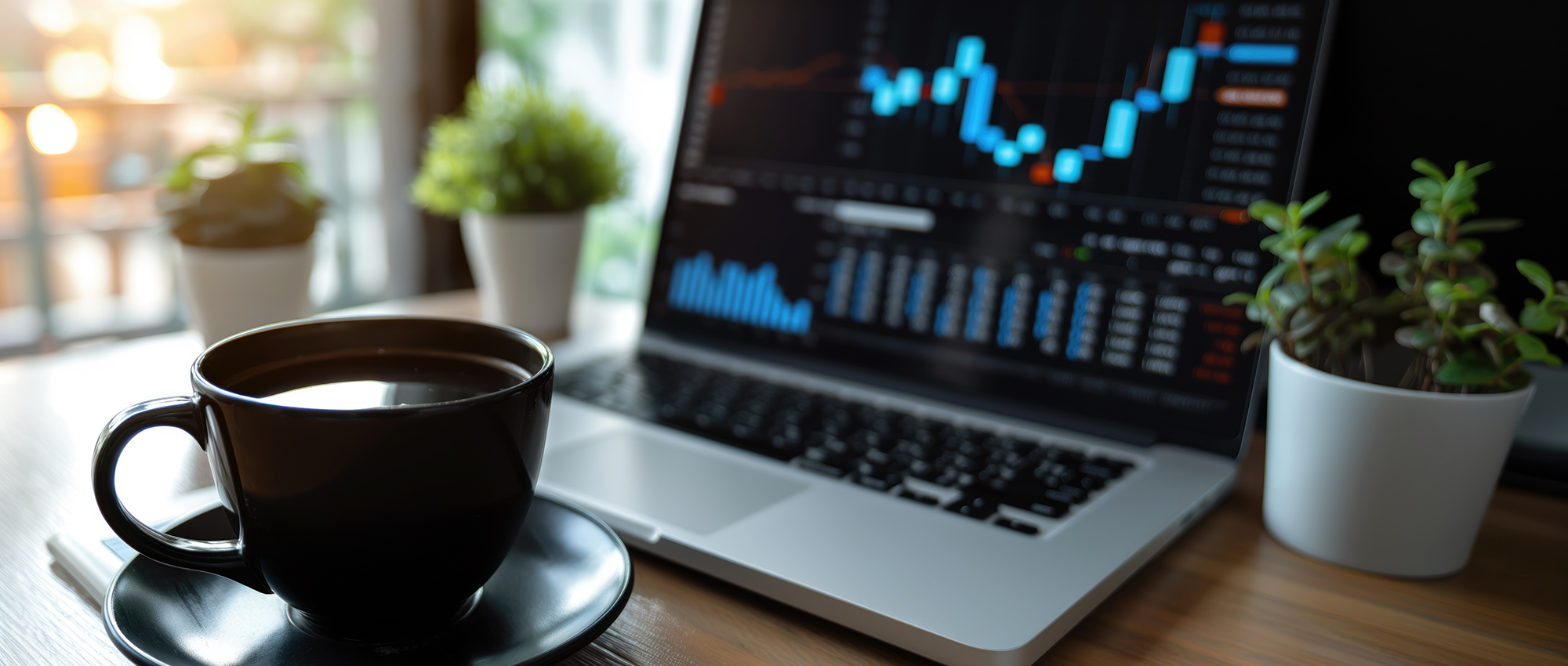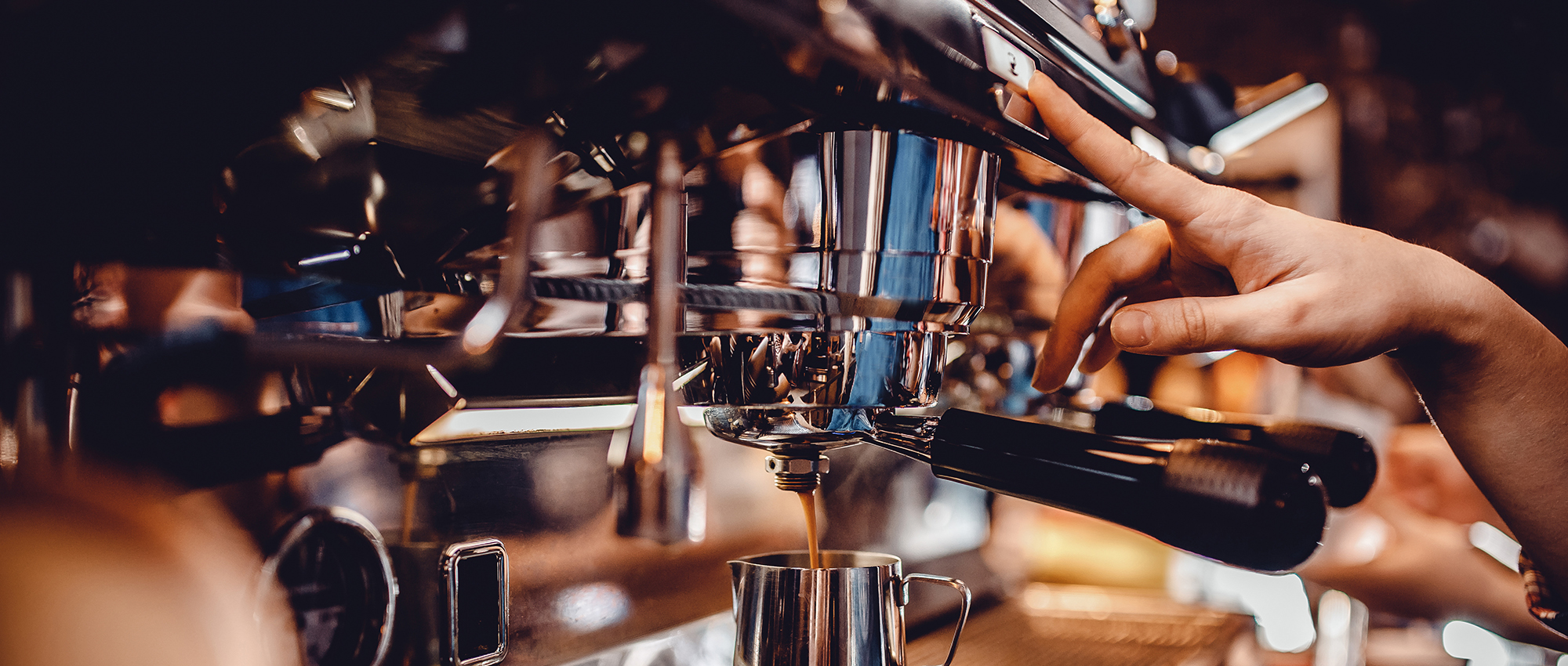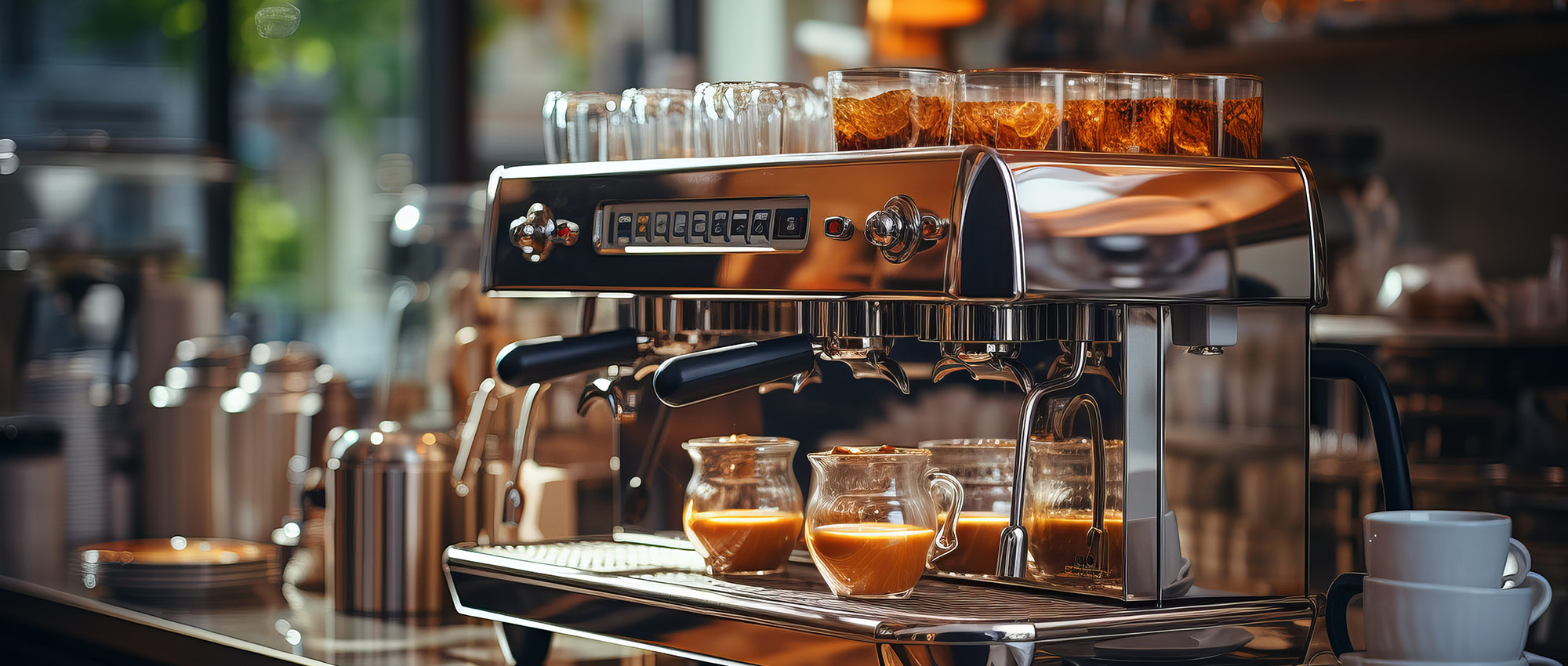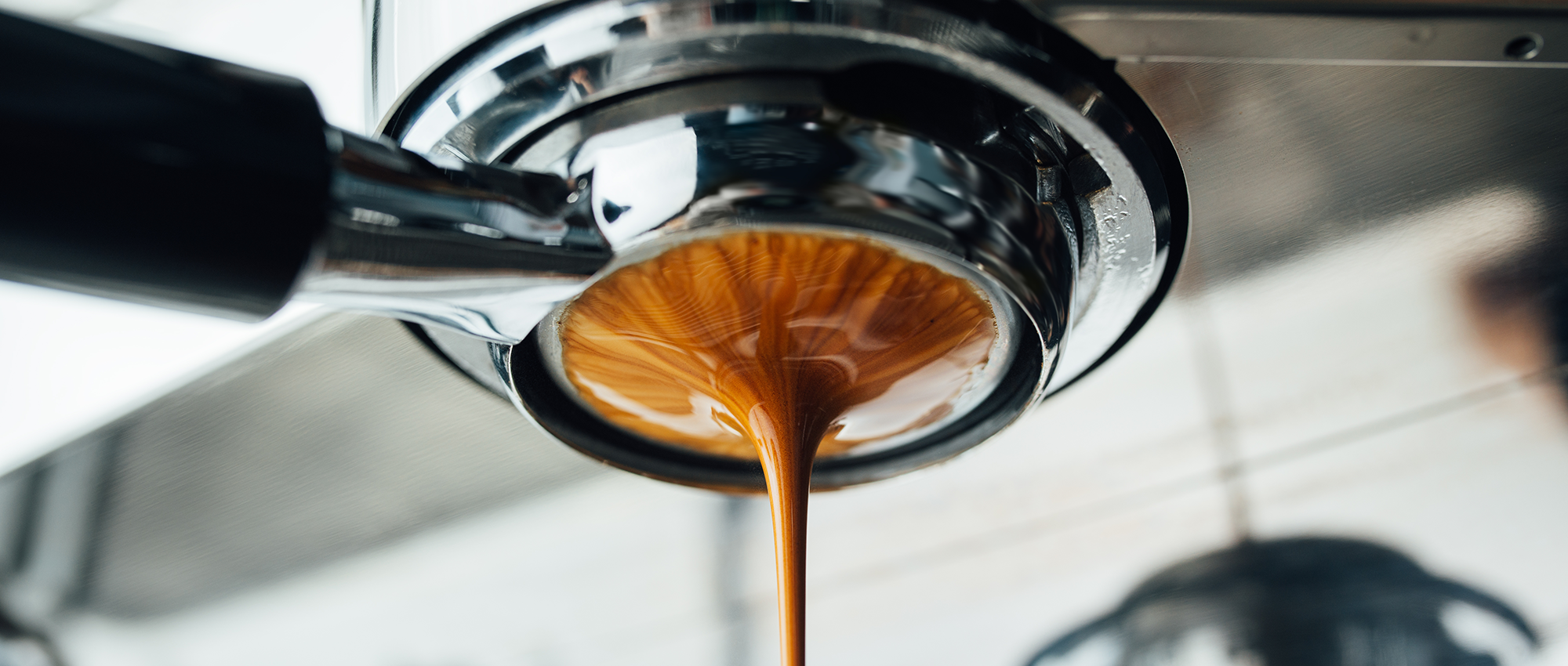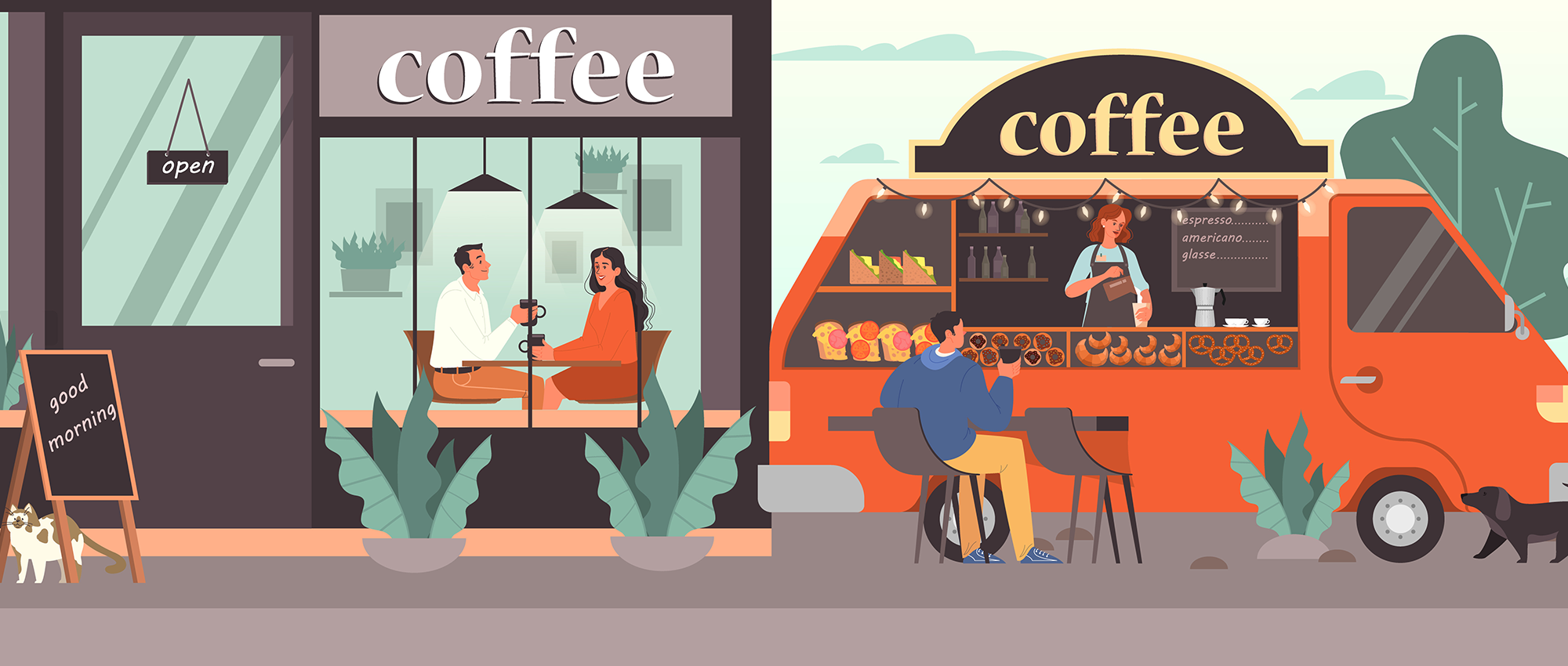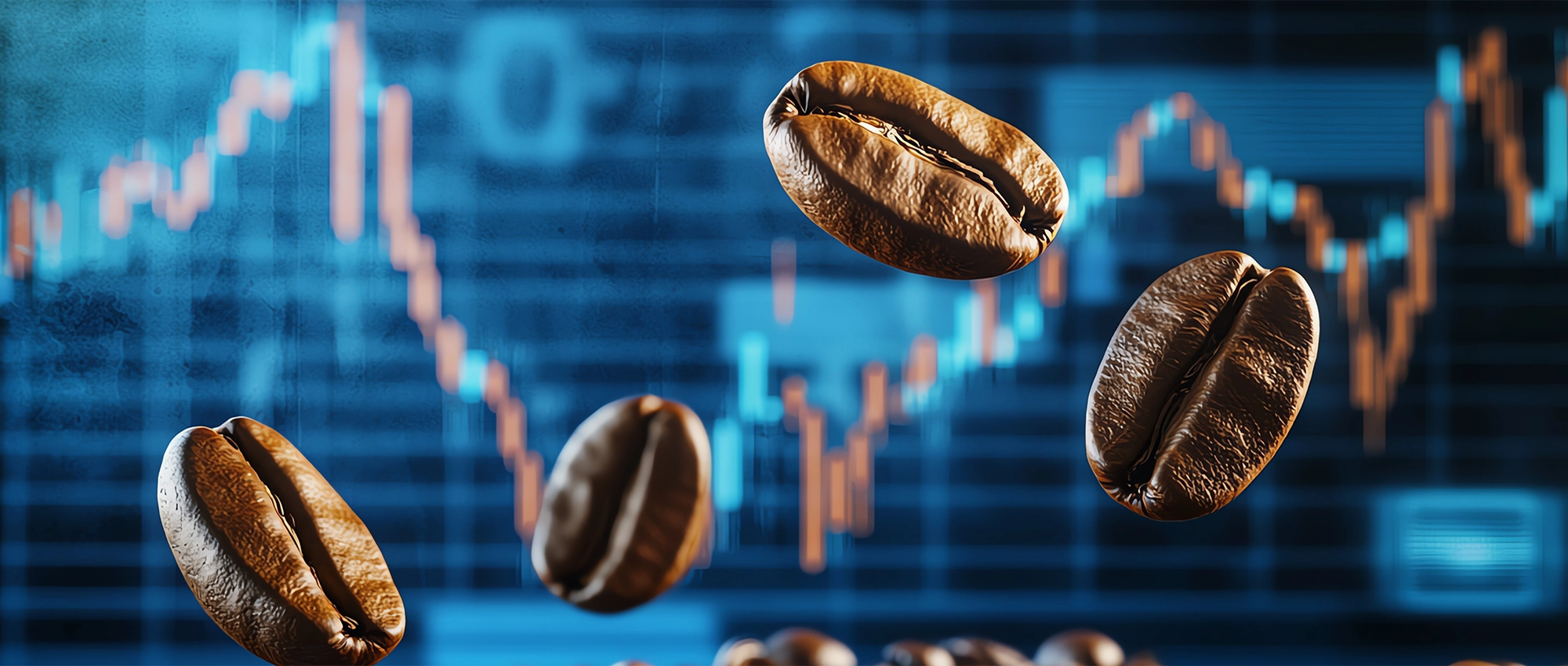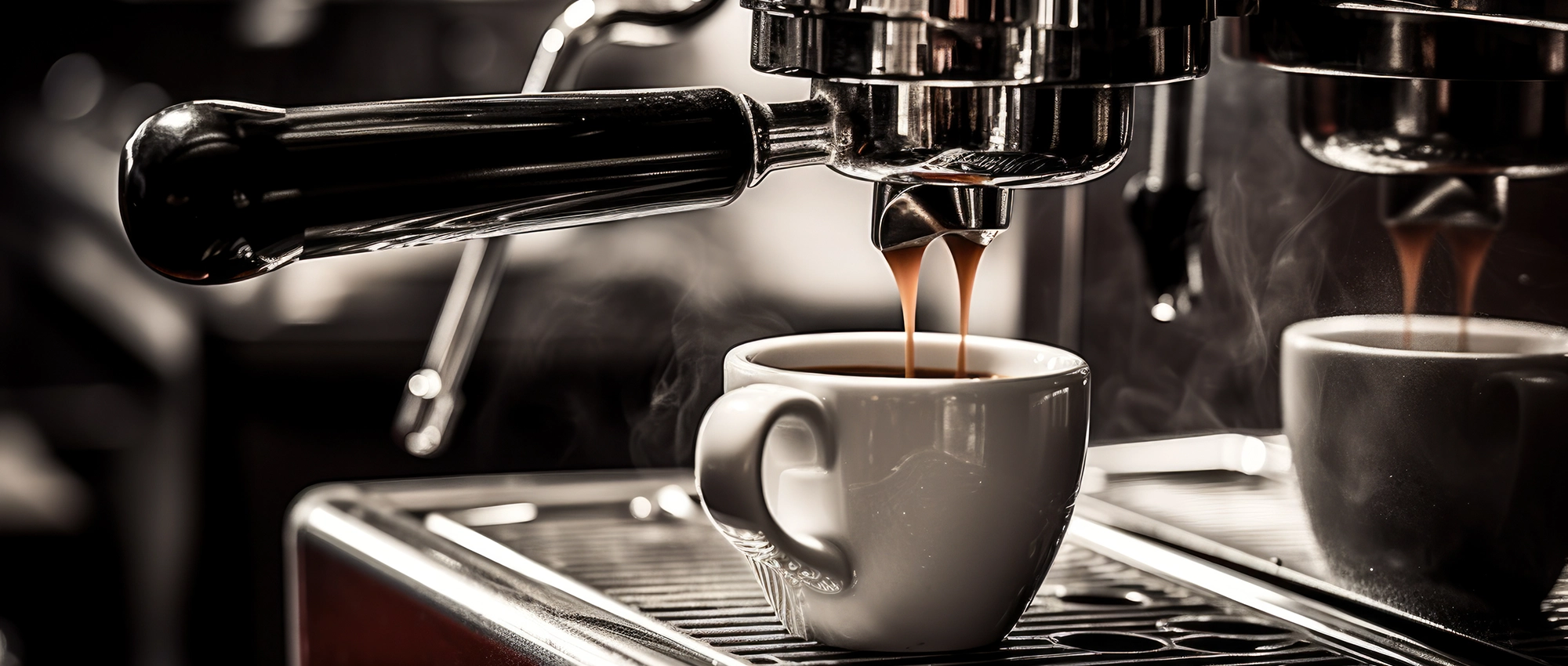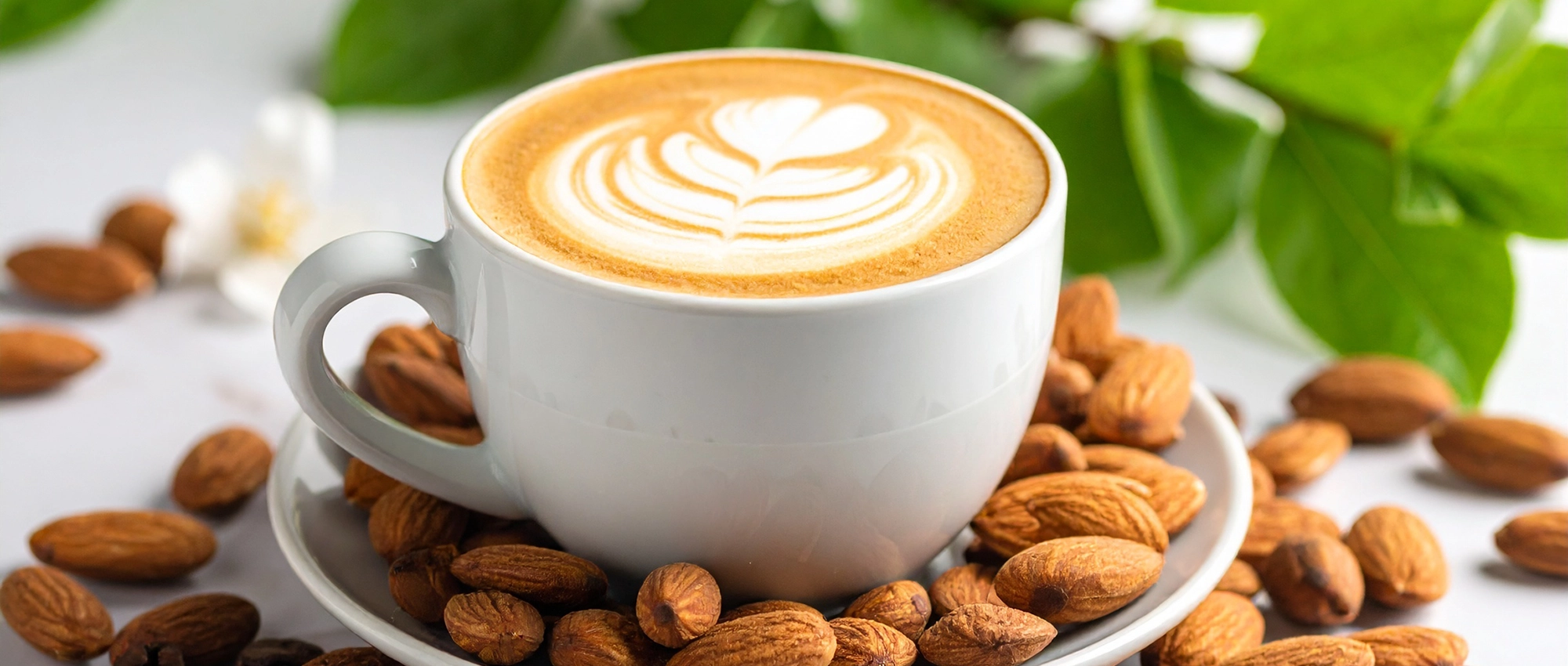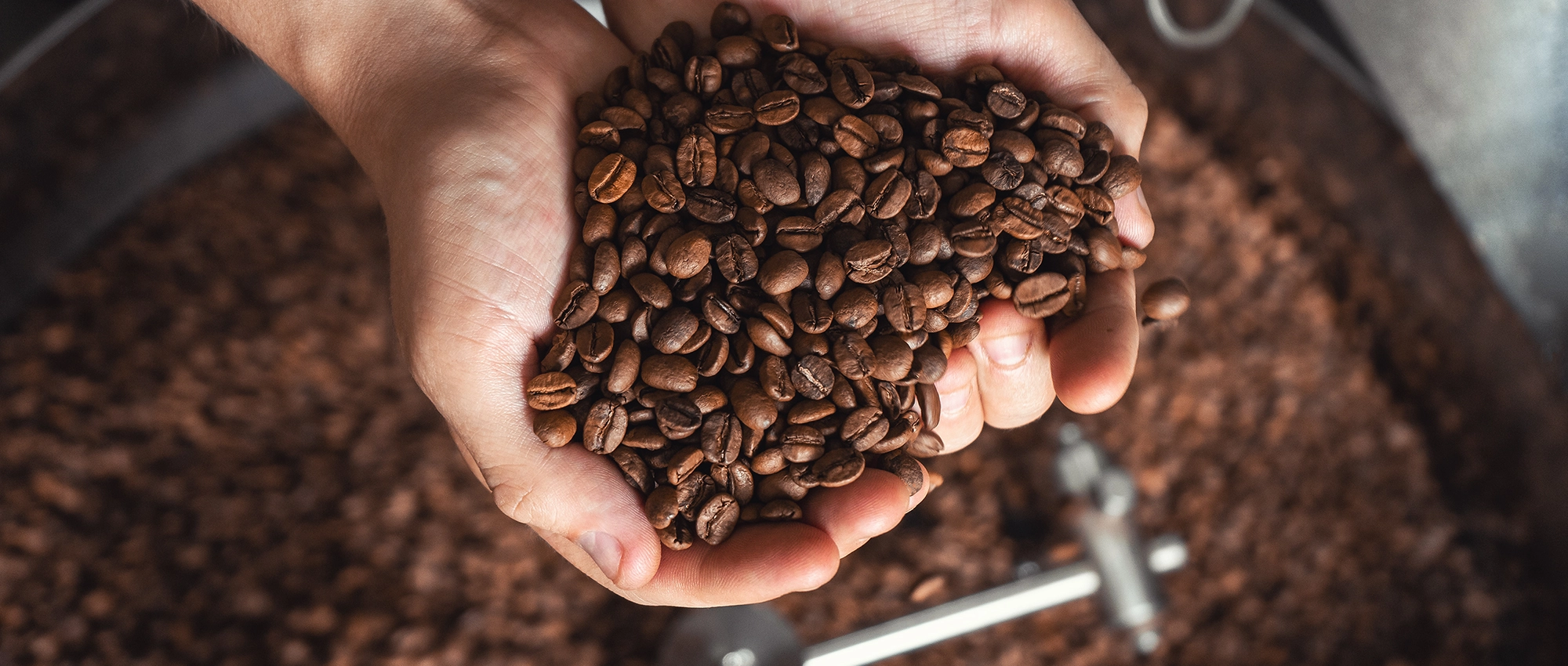What Equipment Do I Need to Start a Coffee Shop? Complete 2025 Guide
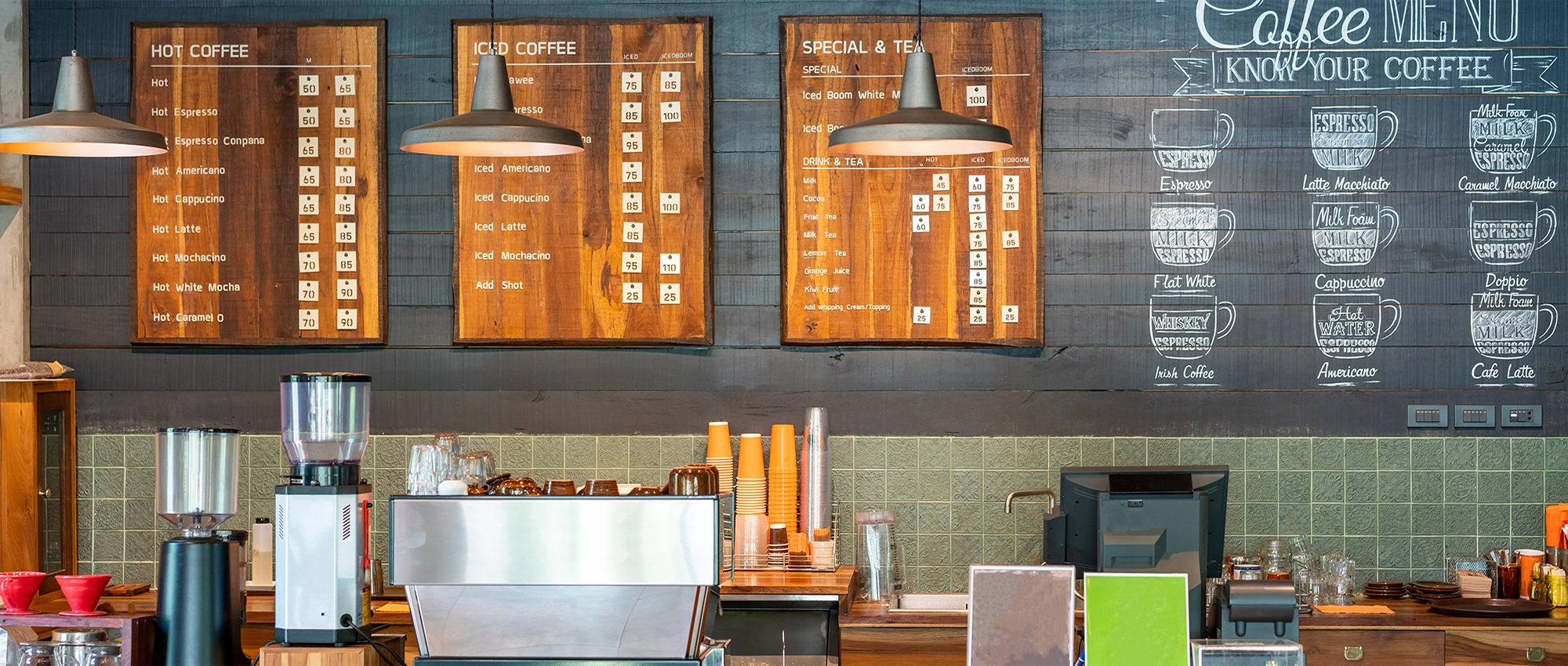
What Equipment Do I Need to Start a Coffee Shop? Complete 2025 Guide
Starting a coffee shop requires careful planning and significant investment in the right equipment. Understanding what equipment you need to start a coffee shop is crucial for success, as your choices will directly impact drink quality, operational efficiency, and customer satisfaction. This comprehensive guide covers every piece of essential coffee shop equipment you’ll need to open your doors and serve exceptional coffee from day one.
Essential Coffee Brewing Equipment
Commercial Espresso Machine: Your Business Foundation
The commercial espresso machine serves as the cornerstone of your coffee shop operation. Unlike home espresso machines, commercial units are built to handle high-volume service while maintaining consistent quality throughout busy periods.
Key considerations for espresso machine selection:
- Volume capacity: Choose based on expected drinks per hour during peak times
- Group heads: Single group for small operations, 2-3 groups for higher volume
- Boiler type: Dual boilers offer better temperature control and simultaneous brewing/steaming
- Price range: Expect to invest $5,000-$30,000 depending on features and capacity
Popular commercial espresso machine brands include La Marzocco, Nuova Simonelli, and Astoria. Semi-automatic machines give baristas control over extraction time, while volumetric machines offer consistency through programmable shot volumes.
Commercial Coffee Grinders: The Quality Foundation
Fresh grinding is non-negotiable for exceptional coffee quality. Commercial coffee grinders must handle daily high-volume grinding while producing consistent particle sizes for optimal extraction.
Essential grinder requirements:
- Separate grinders: One dedicated espresso grinder and one for drip coffee
- Burr type: Conical or flat burrs for uniform grinding (avoid blade grinders)
- Capacity: 1.5-5 pound hoppers for commercial use
- Investment: Budget $800-$5000 per grinder
The espresso grinder requires ultra-fine particle consistency, while the drip coffee grinder handles coarser grinds for pour-over and batch brewing methods.
Commercial Coffee Brewers
For customers preferring traditional drip coffee, commercial coffee brewers provide consistent results and keep coffee fresh for extended periods.
Brewer options include:
- Automatic drip brewers: Connect directly to water lines for convenience
- Thermal brewers: Maintain coffee temperature without burning
- Satellite brewers: Brew into insulated dispensers for self-service
- Pour-over stations: For specialty brewing methods
Water Quality and Treatment Systems
Water comprises over 98% of coffee, making water quality equipment essential for both taste and equipment protection.
Water Filtration Systems
Professional water filtration removes chlorine, reduces scale-causing minerals, and ensures consistent water chemistry for optimal extraction. Quality filtration systems like Blue Water or EverPure by Pentair provide:
- Scale prevention to protect expensive equipment
- Chlorine removal for better taste
- Consistent mineral content for reliable extraction
- Reduced maintenance costs and equipment downtime
Water Quality Testing
Regular water testing ensures your filtration system maintains optimal parameters:
- Total dissolved solids (TDS): 75-150 ppm
- pH level: 6.5-7.5
- Calcium hardness: 17-85 ppm
- Total alkalinity: Around 40 ppm
Refrigeration and Food Storage Equipment
Proper refrigeration maintains ingredient freshness and meets health department requirements.
Essential refrigeration includes:
- Under-counter refrigerators: For frequently used milk and ingredients
- Reach-in refrigerators: Back-of-house storage for bulk ingredients
- Display cases: Showcase pastries and food items attractively
- Freezers: Store backup inventory and frozen products
Temperature requirements:
- Dairy products: 35-38°F
- Display cases: Maintain food safety standards
- Freezer storage: 0°F or below
Food Preparation Equipment
Most coffee shops expand beyond beverages to include food offerings, requiring appropriate preparation equipment.
Basic food equipment:
- Commercial toasters: Conveyor or pop-up styles for bagels and sandwiches
- Compact ovens: Heat pre-made items quickly
- Food processors: Prepare sauces, spreads, and ingredients
- Commercial blenders: Create smoothies and blended drinks
- Prep surfaces: Stainless steel work tables for food safety
Ventilation systems
Food preparation generates heat and odors, making proper ventilation essential for customer and staff comfort. All electric ovens could be a way to cut costs on expensive ventilation systems.
Point of Sale (POS) and Business Systems
Modern coffee shops require sophisticated POS systems that handle more than simple transactions.
Essential POS features:
- Inventory tracking: Monitor ingredient usage and costs
- Employee management: Track hours, performance, and scheduling
- Analytics reporting: Understand sales patterns and customer preferences
- Integration capabilities: Connect with delivery platforms and online ordering
- Payment processing: Accept cards, mobile payments, and gift cards
Popular coffee shop POS systems include Square, Toast, and Lightspeed, each offering specialized features for food service operations.
Cleaning and Maintenance Equipment
Equipment maintenance directly impacts drink quality, equipment longevity, and health code compliance.
Essential cleaning supplies:
- Espresso machine cleaners: Specialized descaling and back flushing chemicals
- Grinder cleaning tablets: Remove coffee oils and debris
- Sanitizing solutions: Food-safe surface cleaners
- Cleaning brushes: Various sizes for different equipment components
- Microfiber cloths: Lint-free cleaning for equipment surfaces
Maintenance schedules:
- Daily: Basic cleaning and sanitizing
- Weekly: Deep cleaning of equipment components
- Monthly: Professional descaling and calibration
- Quarterly: Comprehensive equipment servicing
Barista Tools and Accessories
Professional barista tools ensure consistent drink preparation and efficient workflow.
Essential barista equipment:
- Tampers: 58mm for standard portafilters
- Milk pitchers: Various sizes for different drink volumes
- Scales: Digital precision for consistent dosing
- Timers: Track extraction times for quality control
- Knock boxes: Dispose of used coffee grounds efficiently
- Cleaning cloths: Maintain equipment between uses
Quality considerations:
Invest in professional-grade tools that withstand daily commercial use. Cheap tools break frequently and impact drink consistency.
Serving and Presentation Equipment
Customer experience includes proper serving vessels and presentation materials.
Essential serving items:
- Coffee cups: Various sizes (2oz, 4oz, 6oz, 12oz) for different drinks
- Saucers and spoons: Complete the coffee service experience
- To-go cups: Multiple sizes with lids and sleeves
- Glassware: For specialty drinks and presentation
- Display materials: Menu boards, signage, and promotional items
Branding opportunities:
Custom cups, napkins, and packaging reinforce your brand identity and create marketing opportunities.
Ice and Beverage Equipment
Cold beverages require dedicated equipment for consistent quality and efficiency.
Ice equipment:
- Commercial ice machines: Sufficient capacity for peak demand
- Ice storage bins: Sanitary storage with easy access
- Ice scoops: Food-safe dispensing tools
Cold beverage equipment:
- Blenders: High-performance models for frozen drinks
- Cold brew systems: For specialty cold coffee preparation
- Refrigerated dispensers: Self-service cold beverages
Dishwashing and Sanitation Systems
Efficient cleaning systems maintain health standards and ensure adequate clean serving materials.
Dishwashing options:
- Three-compartment sinks: Manual washing for smaller operations
- Commercial dishwashers: Under-counter or single-rack models
- Glass washers: Specialized cleaning for coffee cups and glassware
Sanitation requirements:
- Hot water temperatures: 180°F for sanitizing
- Chemical sanitizers: EPA-approved food-safe solutions
- Air drying systems: Prevent contamination after washing
Budget Planning and Equipment Costs
Understanding equipment costs helps create realistic budgets and financing plans.
Typical investment ranges:
- Espresso machine: $5,000-$30,000
- Grinders (2): $1,600-$5,000 total
- Commercial brewer: $1,500-$4,000
- Water filtration: $500-$3,000
- Refrigeration: $2,000-$8,000
- POS system: $1,000-$5,000
- Small wares and accessories: $2,000-$5,000
Total equipment investment: $15,000-$65,000 depending on size and quality choices.
Financing options:
- Equipment leasing programs
- Small business loans
- Equipment-specific financing
- Used equipment purchases
Equipment Selection Strategy
Choose equipment based on your specific business model and customer expectations.
Consider these factors:
- Target volume: Peak hour drink capacity
- Menu offerings: Espresso-focused vs. diverse beverage menu
- Space constraints: Kitchen and service area limitations
- Budget limitations: Balance quality with financial reality
- Growth plans: Equipment that can scale with business growth
Quality vs. cost balance:
Invest in core brewing equipment (espresso machine, grinders) while economizing on accessories and non-essential items initially.
Installation and Setup Considerations
Proper installation ensures equipment operates efficiently and meets health department requirements.
Professional installation includes:
- Electrical connections (220V for most commercial equipment)
- Plumbing for water lines and drainage
- Ventilation system connections (If required)
- Equipment positioning for optimal workflow
- Staff training on operation and basic maintenance
Health department requirements:
- NSF-certified equipment for food safety
- Proper drainage and sanitation systems
- Adequate hand-washing facilities
- Food storage temperature monitoring
Ongoing Equipment Management
Success depends on maintaining equipment properly and planning for replacements.
Maintenance partnerships:
Establish relationships with qualified service technicians for each equipment type. Regular preventive maintenance prevents costly breakdowns during peak business hours.
Replacement planning:
Commercial coffee equipment typically lasts 7-10 years with proper maintenance. Plan for eventual replacements in your long-term business strategy.
Conclusion
Selecting the right equipment to start your coffee shop requires balancing quality, capacity, and budget considerations. Focus your investment on core brewing equipment that directly impacts drink quality, while choosing cost-effective solutions for supporting equipment initially. Remember that equipment choices affect not only your opening day success but also your ongoing operational efficiency and customer satisfaction.
Proper planning, quality equipment selection, and professional installation create the foundation for a successful coffee shop operation. Take time to research thoroughly, visit suppliers, and test equipment when possible before making final decisions. Your equipment investment represents the foundation of your coffee business, choose wisely to ensure long-term success.
Gary Downey
Gary Downey
Tags :
Coffee U Sunday: Weekly Coffee Business Education
Get expert coffee insights delivered to your inbox every Sunday. Equipment guides, brewing tips, business strategies, and industry trends to help your business succeed.
Categories
Categories
- Coffee Brewers (1)
- Coffee Business Success (9)
- Coffee Grinders (1)
- Coffee Shop Owners (8)
- Coffee Technology (3)
- Cold Brew Coffee (2)
- Espresso Machines (8)
- Espresso Shots (3)
- La Marzocco (2)
- Maintenance & Service (2)
- Specialty Coffee Drinks (3)
- Water Treatment (1)
📚 Equipment Guides
Comprehensive breakdowns of different machine types, helping you make informed purchasing decisions
 Maintenance Tips
Maintenance Tips
Professional techniques to keep your equipment running at peak performance and extend its lifespan
 Brewing Science
Brewing Science
Understand the ‘why’ behind extraction, temperature stability, and equipment design
 Troubleshooting Help
Troubleshooting Help
Common problems and solutions to minimize downtime and service calls
 Business Insights
Business Insights
ROI calculations, workflow optimization, and equipment selection for your specific needs
 Technology Explained
Technology Explained
Demystifying features like PID control, pressure profiling, and heat exchange systems
Coffee U Sunday: Weekly Coffee Business Education
Get expert coffee insights delivered to your inbox every Sunday. Equipment guides, brewing tips, business strategies, and industry trends to help your business succeed.
Share
Use our search function or browse by category to find exactly what you need. Can’t find an answer? Contact us directly, your question might inspire our next Coffee U article! As we grow, so will this resource, shaped by the real needs of coffee professionals like you.
Start exploring Coffee U today and discover why Bean & Brew Technologies is committed to elevating the coffee industry through education and exceptional service.
Have a question?
We're here to help.


